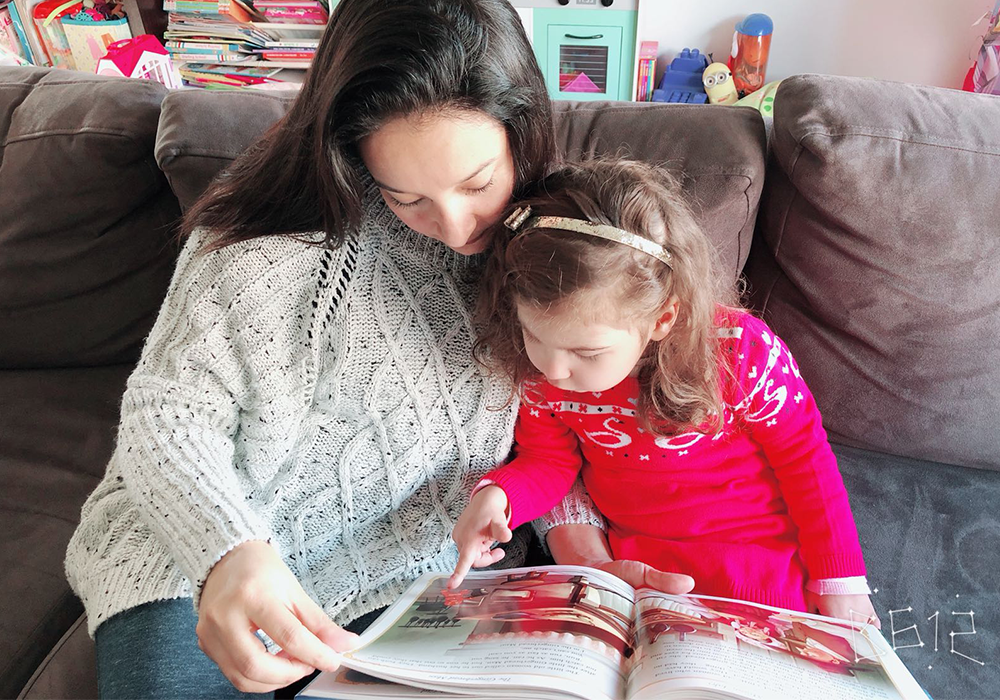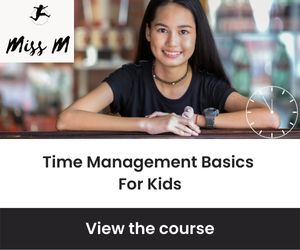By Julie Medeiros
If you are a new parent, one of many questions you may have is about preparing your little one for school. In this article, we’ll explore which skills kids learn at school from prep to year 12, and how you can ensure your child develops solid foundations throughout the little years to succeed in future learning.
Key academic skills kids learn at school
To understand how education in early ears fits into the overall education picture, let’s refer to the general school curriculum.
In Australia, the school curriculum is designed around 3 major skills which are gradually learnt and tested through primary, secondary and high school. These skills are Reading, Writing and Mathematics. Regardless of which state you live in and which school you consider for your child, chances are these three skills will be the key academic focus of studies in order to pass school exams.
To keep it simple, students’ reading capabilities are tested through understanding the content, words’ meaning, and ability to make inferences from the text.
Writing goes hand in hand with reading which defines how well students can structure their thoughts, use supportive arguments, examples and vocabulary, and recognise relationships within the sentence. Good readers are generally good writers, so to succeed in writing students should have significant reading experiences.
Lastly, mathematical skills are learnt through the confident operation of numbers, such as multiplication and division, fractions, percentages, and numerical reasoning. The key here is to have a strong operation of numbers mentally, without the use of a pencil or a calculator.
All these skills – reading, writing and math – stem from early years. And it is the parents’ job to fascinate your children with learning these skills early so they benefit them in their school years.
How parents can set the right learning foundations
Here are a few examples that take a tiny effort but mean a universe for your child’s future learning success:
· Read aloud
There is no other way to develop a love for reading than to read aloud to your child. Not only reading aloud helps develop a love of books, but cuddling together with a book and hearing your voice creates positive associations with reading too. So read aloud even if you need to read the same book for the 99th time. You may want to discuss the contents or ask questions, however, this is not the objective in the early years. The main thing is to help the child enjoy reading time and make it a part of the daily routine they look forward to.
· Expose to correct language structures
Another benefit of reading is it teaches correct structures of the language so the child is less likely to make mistakes, for instance when using irregular verbs in the past tense (went instead of goed). The idea is to expose young children to the language, its rhythm, rhyme and vocabulary so using correct forms of words becomes automatic. In addition to reading, audiobooks serve well the same purpose.
· Introduce additional language(s)
On the language matter, the early years are a great way to introduce additional languages to young children. The benefits of such learning are beyond the purpose of this article. As a teacher, I’d like to mention two things to keep in mind if you decide to raise a multilingual child:
- Make sure the child builds strong foundations in the additional language so that by the time they start school and learn how to read/write in English, there is no language interference (especially if both languages share the same alphabet or graphic representation of the letters). Helping the child learn languages in a sequence goes a long way and means that learning English will be more effective when one language system builds on top of the other, rather than simultaneously.
- Ensure the child uses the language beyond language classes. If any of the family members speak that language, the child should have plenty of opportunities to communicate with them. The idea is to help the child understand applications of the additional language so they understand the big Why behind such learning. In the case of my daughters, it was following their favourite gymnast through her training and competitions that justified why another language was cool to learn.
· Encourage curiosity
Create the environment where your child wants to become an explorer of what interests them the most, be it nature, toys or how things work. When my elder daughter was a pre-schooler, she was interested in experimenting with food items in the kitchen. Sure, it added significant cleaning to my day, however, I do not regret it one bit as she turned into a fantastic and confident chef who enjoys cooking and trying new recipes. Provoke their thinking and doing things in different ways, and you’ll see your child will pursue learning in the same way they hunt for food when hungry.
· Honour mistakes
Resilience is one of the things children will need beyond school. And the sooner they learn to learn from mistakes in a safe environment with your support, the more courageous they will be to try again when things don’t work the first time. Show them by example that adults don’t always get it the right the first time, so making mistakes and correcting them is a part of learning.
· Teach logical thinking.
You don’t need to be a teacher to explain cause and consequence through life examples. Tap into your child’s interests and pick up situations where they can observe and learn logical thinking, guessing and predicting the result. Again, this is the skill that kids will take into adulthood, so why not gradually build it in the early years?
Creating curiosity to learn
It is well known that learning is based on inner motivation and joy of discovering new knowledge. Making learning meaningful and building curiosity to explore and master certain areas is what every parent can do. Educate and set example how education helps in life, how it serves people to become what they want to be and do what they are passionate about. Ignite this spark for learning in early years and you’ll raise a child who pursues education beyond school not because they are expected to do so, but because it helps them achieve their dreams.
So next time when you have a walk with your child, show them how maths, letters, texts, colours, life cycles are all around us. Create an amazing start of the learning journey they will want to be a part of for many years to come.
Julie is the founder of Miss M Online Classes for kids – the online project that teaches children 8-12 about marketing foundations, how to start business and critically assess marketing effects, to make independent buying decisions in the shopping environment. She successfully combines her business and entrepreneur experience with her teaching degree into a life-based education approach. The goal of her project is to ignite spark for learning and help kids pursue self-education beyond school.
Website: www.missmonlineclasses.com









